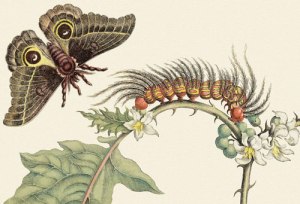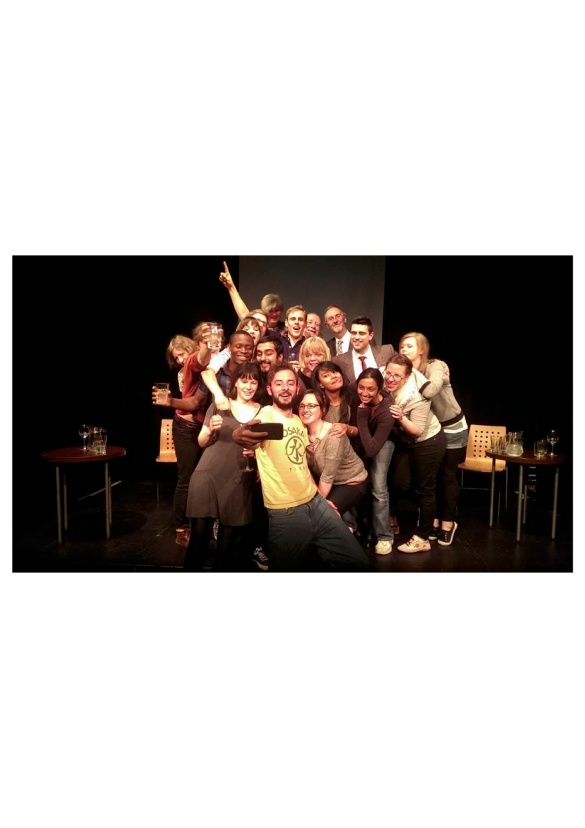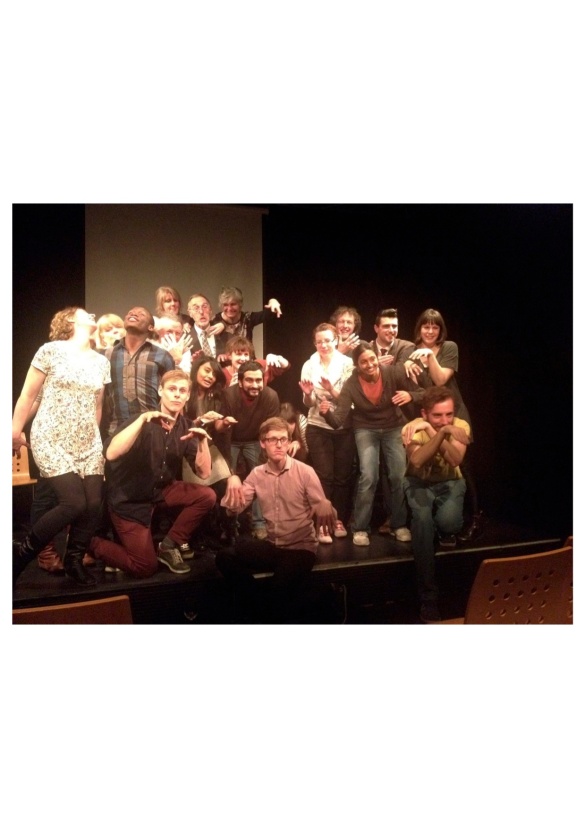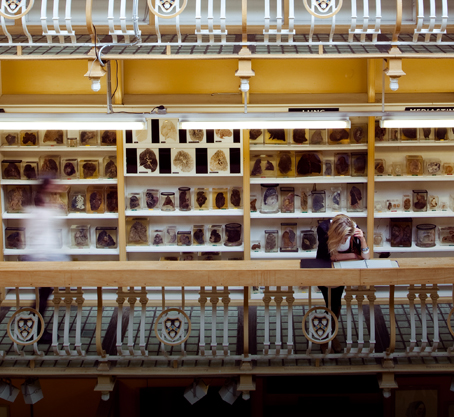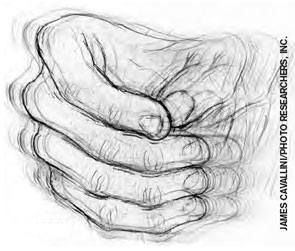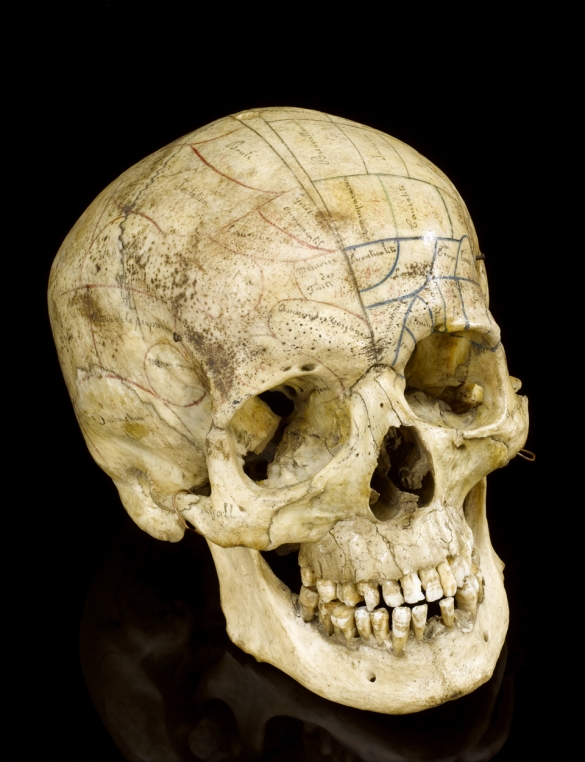The Milkweed Monarchs
I was riding my favourite bike. The Chopper
with the red flag and the silver streamers on the handlebars.
Minding my own business, cruising down Beach Road
to school at Kaikoura Flat. Happened right outside the
Whale Watch Office. “Idiot tourists,” Dad said,
“never bloody look where they’re going.”
Don’t remember much after that. Just the pain
in my tummy, the chunder and that funny shaped
bruise that crept like a shadow across my skin.
“Handlebars mashed his Pancreas,” the guy said to Mum
after they airlifted me to Christchurch. Wish I could
remember the ride. They’d given me the needle by then.
Couldn’t understand a word when I came to; most of
the docs were from England. Got my own room
on the kids ward though, was pretty stoked at first.
Turns out nine weeks in one room can really turn you off
a place. Kept telling me I couldn’t eat and put a stupid
tube in my chest, for the ‘food’ to drip in overnight.
Would’ve gone mad if it weren’t for the Monarchs.
Mum and Dad bought them in from the farm,
loads of tiny ones on bunches of Milkweed. Boy were
they hungry, just ate and ate whilst I couldn’t. Got fatter
and fatter, the black and yellow stripes growing
further apart. Docs were more interested in them than me.
Didn’t mind though, those ugly critters. Gave most of them
names. Watched how they crawled round my room before
they tucked their tails under like upside-down question marks.
Mum said I was daft, but I knew they would save me.
As soon as they slipped on those bright green overcoats
and changed for good, wearing precious crowns of gold.
“Coincidence,” the docs said. I don’t reckon. My pancreas
would’ve been stuffed if it weren’t for them. When the
cocoons turned black and then transparent, I could see
orange wings inside. First one came out all small and wet
with a loud POP. Just like the noise my brother makes
when people kiss on TV. I knew it was my time too.
Pressed the buzzer and the nurses came flying.
Pulled out the drips, blood spurting over the sheets
but I was free. Stretched my arms wide and stuffed a
Chocolate Fish in my mouth before they got near me.
You should’ve heard the shouting, but I didn’t care;
there weren’t no Pseudocyst in me no more.
I was inspired to write the poem ‘The Milkweed Monarchs’ after working as a junior doctor in Paediatrics in New Zealand. The parents of a patient brought in Milkweed plants with tiny caterpillars on to entertain her (and all the staff too.) The memory of those caterpillars turning into Monarch butterflies on the children’s ward whilst the patient recovered is something that will always stay with me.
The Hippocrates Prize has attracted interest from 61 countries in the 5 years since its launch.
The prize, at £5000 is among the largest of its kind in the world for a single poem.
It aims to bring together interest in the interface between health and poetry from health professionals, patients and their families, and poets from around the world.
Words Copyright Eliot North 2014.
Image from Brain Pickings – ‘Art, Science and Butterfly Metamorphosis: How a 17th-Century Woman Laid the Foundations of Modern Entomology.’
(I realise this isn’t a Monarch Image or Milkweed BUT it’s a lovely image and a great post from Brain Pickings. Check it to below……)
http://www.brainpickings.org/index.php/2013/09/18/maria-sibylla-merian/
